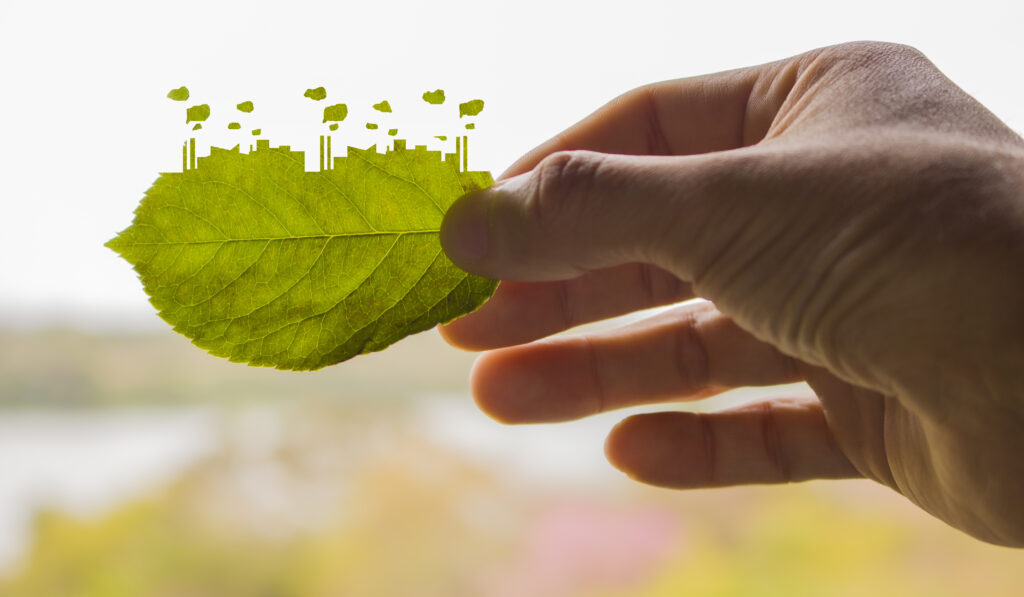
Contamination is the condition of land or water where any chemical substance or waste has been added at above acceptable background levels and represents, or potentially represents an adverse health or environmental impact.
Preventing Contamination
- Chemical Handling and Storage- Store hazardous materials including hazardous and non-hazardous chemicals, in correctly segregated, covered areas with proper containment so that accidental spills cannot reach stormwater drains or soil. Be sure that all containers have their lids on, are in good condition, and are clearly labeled.
- Chemical Spills- Report all chemical spills to the National Spill Response Hotline and the TCEQ regional office for your area according to the requirements and Reportable Quantities listed.
- Chemical Spill Prevention- Train staff to take extra precautions when handling hazardous liquids, create an emergency spill response procedure in the event of a chemical spill, keep spill clean-up equipment and material in a useful, easy to find area, clearly labeled and ready for use.
- Petroleum Storage Tank Storage and Dispensing- Make sure your aboveground and/or underground petroleum storage tanks are up to date with overfill, overspill, and release detection as required by the Texas Commission on Environmental Quality (TCEQ).
- Petroleum Storage Tank Release Reporting- Retain the services of a licensed and experienced environmental consultant and report all Suspected and Confirmed releases of petroleum products from underground and aboveground petroleum storage tanks within 24 hours and as required by the TCEQ PST regulations found in Guidance Document RG-411, and conduct the necessary environmental assessments.
- Building and Site Management- Obtain all required State and Local government permits and licenses, and maintain compliance with their conditions, keep your premises and grounds free from litter and waste materials, ensure drains and collection pits are clear of debris, train staff and display signage about the hazards of chemical use.
- Waste Management- Manage your waste to prevent overfills, overspill, and all releases and ensure your wastes are stored in proper containers, labeled properly, and profiles and disposed at properly licensed waste disposal facilities.
Remember that CRG Texas is your partner in release reporting and corrective action for spills and releases of chemical substances and petroleum products.
